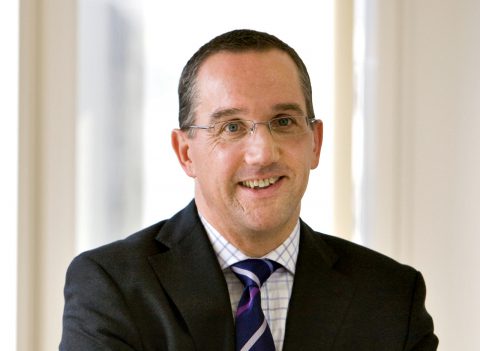Infrastructure
Collaboration In Africa’s Property Sector
Africa’s built environment is undergoing unprecedented change, with rapid urbanisation across the continent, and populations in key cities projected to grow by some 60% above 2010 levels. These developments are driving a need to invest $1 trillion per year in African infrastructure, equivalent to 70 times the projected costs of the 2016 Olympic Games in Rio de Janeiro.
A recent research report commissioned by the RICS highlights the increased demand in the real estate markets in five countries, namely, South Africa, Kenya, Ghana, Nigeria and Tanzania. The report, called Unleashing Sub-Saharan African Property Markets, gives some insights into the opportunities these key markets offer as well as the challenges they face.

As a relatively mature property market, the signs are that South African real estate will remain attractive to investors, often acting as a springboard to the rest of Africa for investors from abroad. But the research suggests that South Africa’s development is hampered by a serious shortage of skilled engineers, especially in the public sector, which has been described as one of the worst capacity crises in years. South Africa’s ratio of 473 engineers per million citizens is still very low, even when compared to countries such as Chile (1460) or Malaysia (1843).
There seems little doubt that South Africa would benefit enormously from a larger pool of built environment professionals. And, in the context of a globalised market in which investment capital increasingly flows across national and continental boundaries, we are seeing greater worldwide demand for international standards, and the professionals who can work to them.
National bodies need to come together with international organisations to develop common international standards. Take one fundamental example: depending on which national standard is used, the reported floor space of the same property can vary by as much as 24%. With such a huge variance in measurement, how can we trust valuations that are based on them? Unreliable valuations are hardly a basis for healthy investment.
Fortunately, this problem is being tackled by a worldwide coalition of organisations, including some from South Africa, that have come together to launch the new International Property Measurement Standard this year. Similar problems arise in the measurement of construction materials and costs, and these too will require a collaborative effort if we are to solve them. Success will mean more efficiency and transparency in construction and real estate investment.
Collectively, the industry could take this a step further. If measurement standards could be implemented in conjunction with ethical standards, and these could all be effectively – and independently – regulated, we might create a market in which investors, clients and the public as a whole have high confidence, and in which growth is sustainable.
From the perspective of a not-for profit organisation, with a core remit to act in the public interest, RICS believes that this collaborative approach to solving problems with an international dimension and local impact is an effective way to mitigate against economic risk. Experience shows that no single market has a blueprint that can be applied everywhere else, but, by working together, we can identify good practice that might be successfully applied elsewhere. We can also work with local professionals who know and understand national standards and markets better than others, and help them to gain qualifications that are internationally recognised.







 Sign-up and receive the Business Media MAGS newsletter OR SA Mining newsletter straight to your inbox.
Sign-up and receive the Business Media MAGS newsletter OR SA Mining newsletter straight to your inbox.